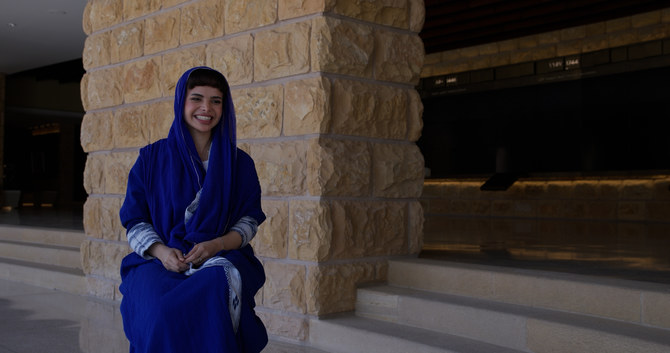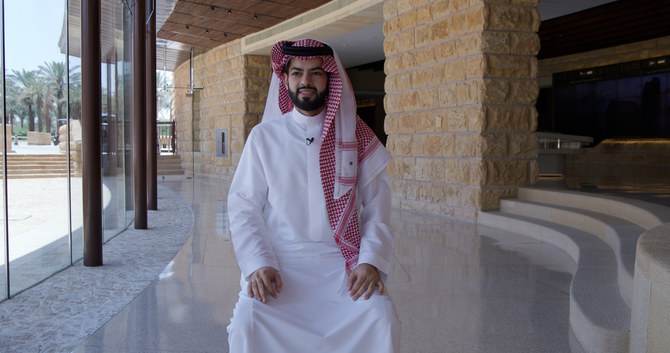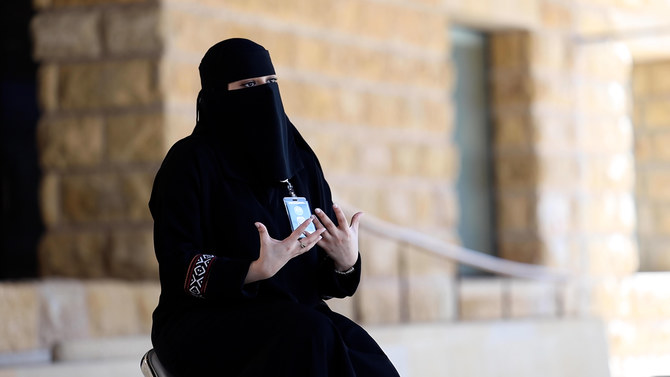RIYADH: Lined up in front of the historic Salwa palace, 28 young Saudi tour guides stand ready to tell the story of their ancestors’ courageous fight against the Ottoman invaders, a valiant struggle that laid the groundwork for today’s Kingdom.
“I would like to showcase the determination and persistence of the people of Diriyah,” Mohammed Ahmed Al-Salem said, pointing to the ancient walls of the palace with pride.
The Diriyah guides say they are not only offering tours of the historic site, but are also keeping the stories of their ancestors alive.
“I don’t feel that I am only a tour guide or senior tourist guide, I am actually representing my country and its history,” senior tour guide Manal Al-Qahtani told Arab News.
“I am an ambassador here in Diriyah, serving my country.”
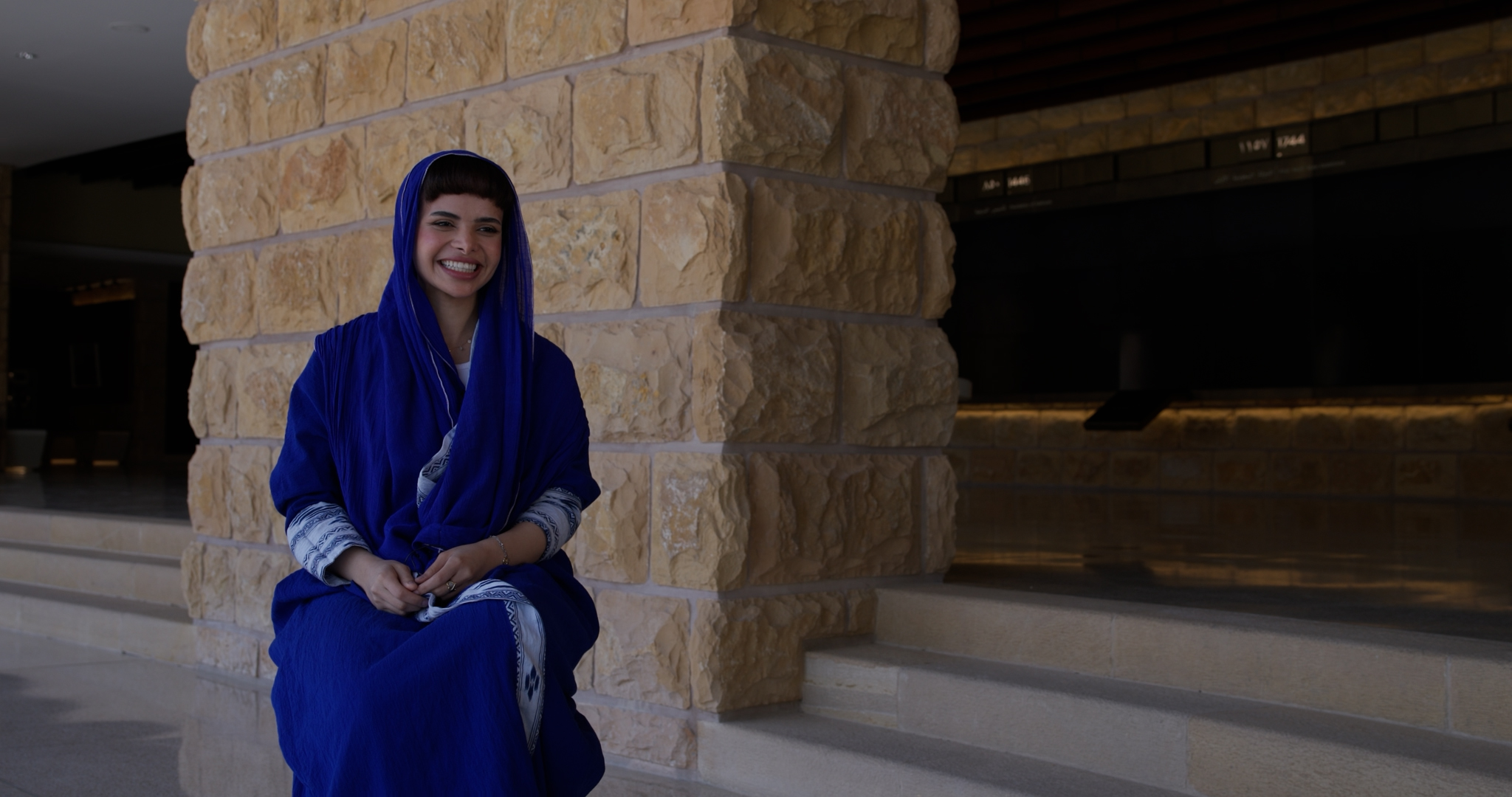
Surprisingly, Al-Qahtani never saw herself working as a tour guide, but during training she quickly fell in love with the role and the sector. After spending more than two years completing courses in hospitality, history and tourism, she is now one of Diriyah’s most experienced tour guides and is proud to represent her country.
The tour guides of Turaif explain the Kingdom’s history, ranging from the early Al-Saud settlement in 1446 to the dramatic siege and destruction of Diriyah in 1818.
The past speaks through these young and passionate guides, who not only provide tours of the historic site, but also tell the stories of their ancestors. These include tales of bravery and integrity such as the six-month resistance led by Imam Abdullah, the last ruler of the first Saudi state from 1814 to 1818.
Mohammed Ahmed Al-Salem, a senior tour guide originally from Diriyah, said that he is proud to be working in the place of his ancestors.
“I feel like I have a huge role here. Working in our hometown is something that makes you feel proud.”
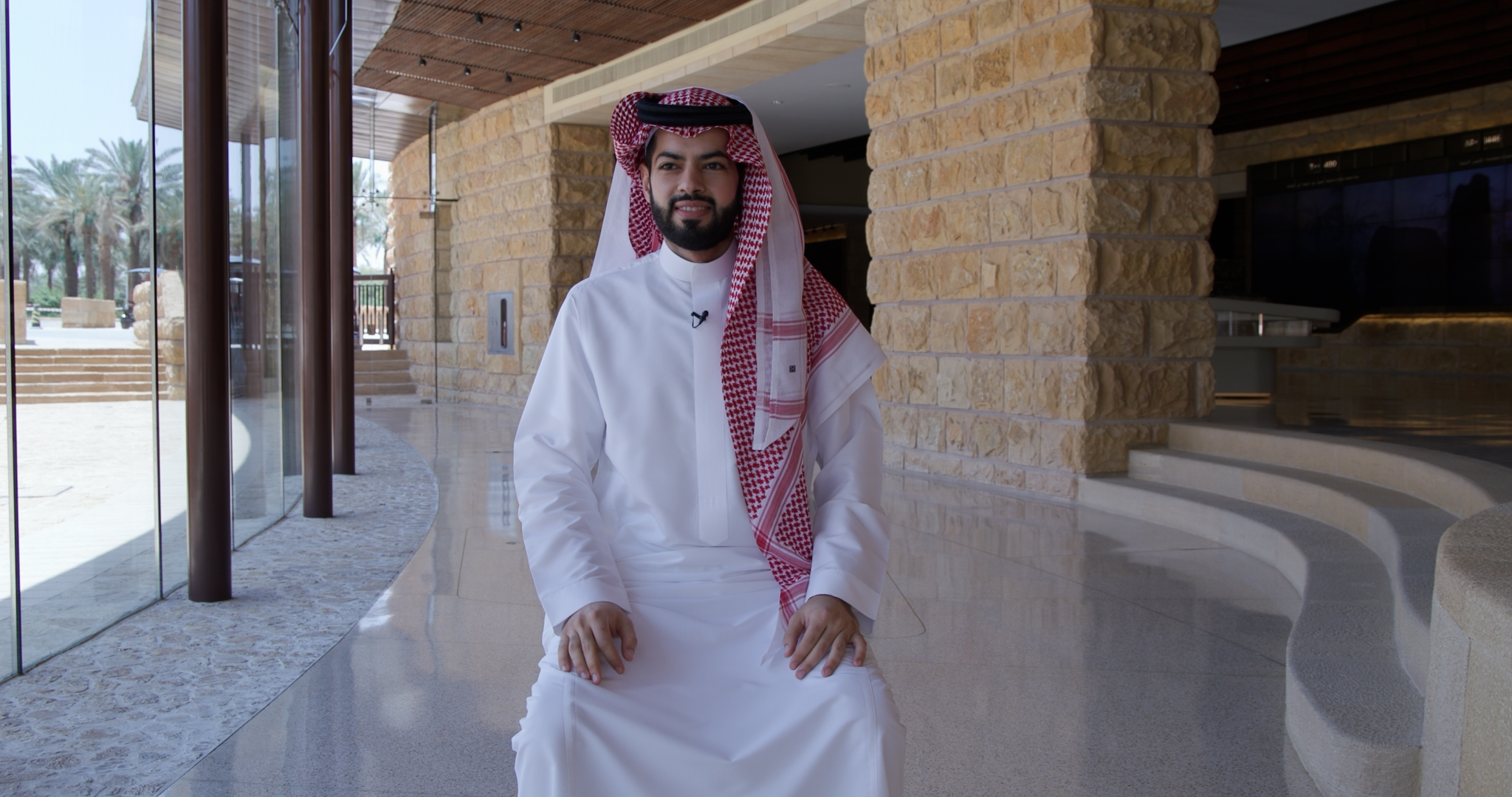
The tour guides embody the Kingdom’s history and heritage, preserving the stories of Saudi Arabia and ensuring the country’s history will never die.
“It’s amazing to be able to explain your own history to your people and also to tourists. I think there is a lot to tell about Saudi Arabia,” Al-Salem said.
The guides complete an intensive training program on the Kingdom’s history, archaeology and hospitality to prepare for their role.
FASTFACT
Diriyah tours are conducted in Arabic, English, French, Spanish, Korean, Urdu and sign language
Training can last months or even years, but every tour guide is eager to learn even after they finish courses supplied by the Diriyah Gate Development Authority.
Tour guides fill notebooks with information from training sessions as they are taught about the Kingdom's origins. Facts and figures are also memorized to be recited as they highlight key events in the nation's past.
The guides aim to make access to the Kingdom's history as inclusive as possible, with many learning languages to ensure they can convey the history to multiple nationalities.
Tours are conducted in English, Arabic, Korean, Spanish, Urdu and Italian.
“We have even started a course in sign language so we can help the different kinds of people here,” tour guide Najla Aldrees said.
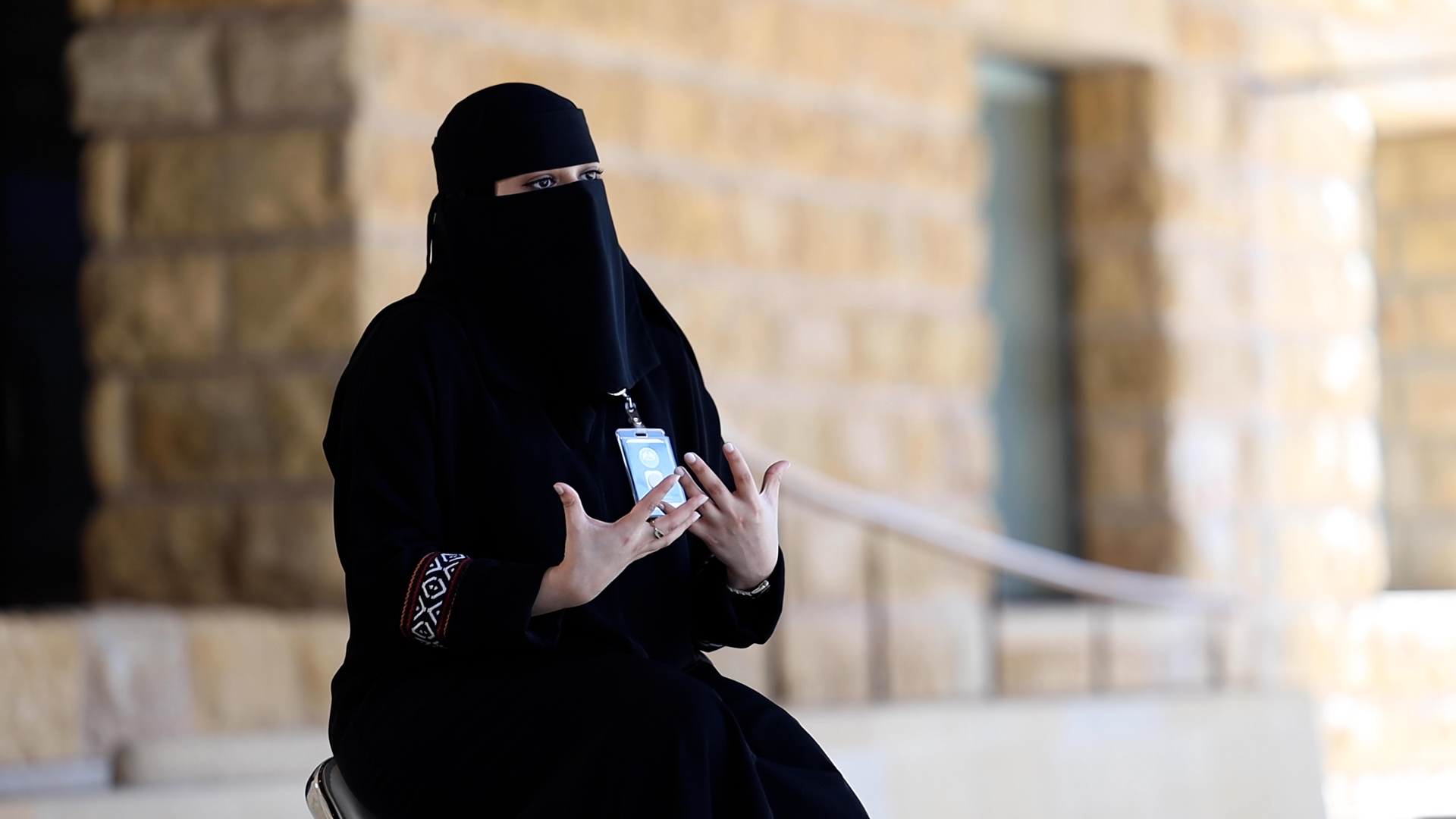
Women make up 21 of the 28 tour guides, a visible example of Vision 2030 initiatives. Visitors and tourists can see the large number of women not only leading tours but also serving at the highest level of hospitality in the Kingdom.
“I’m deeply proud to be one of the women who work here in Diriyah,” said Al-Qahtani, commenting on the vast changes that have taken place in Saudi Arabia under the Vision 2030 reform program.
“It’s a representation of the Kingdom's support.”
Tour guides play a crucial role in teaching Saudis and international visitors the history and culture that paved the way for today's Saudi Arabia.
Visitors to Diriyah can see the passion behind the work that goes into these tours. It is not a “clock in and out” job for these guides but an ambassadorship filled with responsibility that empowers them to share the history of the Kingdom with Saudis and visiting tourists.
“We are showing our history, especially Najd history. We are presenting our country, our authentic origins and our culture,” Al-Qahtani said.
The UNESCO World Heritage site in Diriyah is known for its eye-catching mud-brick palaces that are home to more than 300 years of the Kingdom’s rich history.
But the past comes to life as the tour guides create a sense of adventure at each location, with anecdotes that transform the birthplace of the Kingdom into an unrivalled experience.


